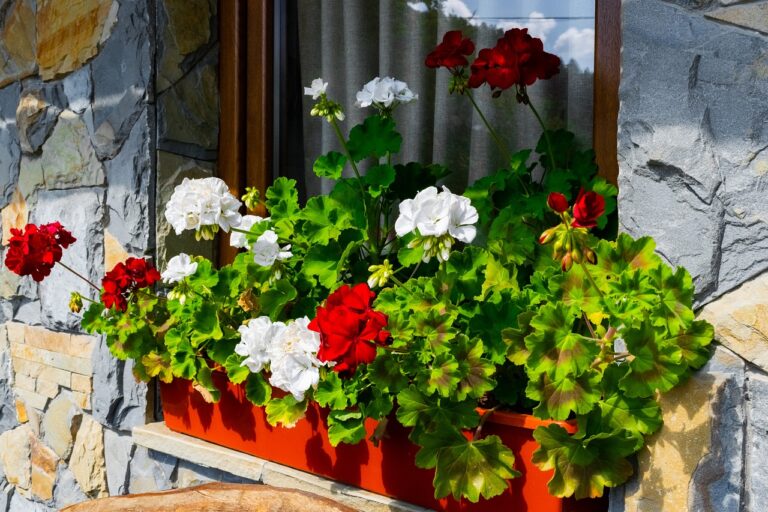Childproofing Garage Chemicals: Proper Storage Guidance: Allpaanel mahadev book, Laserbook247, Bat book 247
allpaanel mahadev book, laserbook247, bat book 247: Childproofing Garage Chemicals: Proper Storage Guidance
As a parent, ensuring the safety of your children is a top priority. While you may have already childproofed your home, the garage is another area that can pose potential risks to your little ones. One area of concern in the garage is the storage of chemicals, including cleaning products, pesticides, and automotive fluids. These substances can be harmful if ingested or if they come into contact with the skin or eyes. Here are some guidelines for properly storing chemicals in your garage to keep your children safe:
1. Store Chemicals Out of Reach
One of the most important steps in childproofing your garage is to store all chemicals out of reach of children. This means keeping them on high shelves or in cabinets that are securely locked. Avoid storing chemicals on the floor or in easily accessible areas where curious hands can reach them.
2. Use Childproof Containers
When storing chemicals in your garage, make sure they are in childproof containers with securely fastened lids. This will prevent children from being able to open the containers and access the contents. Additionally, never transfer chemicals into food containers, as children may mistake them for something safe to consume.
3. Keep Chemicals in Their Original Packaging
It’s always best to store chemicals in their original packaging, complete with labels and safety information. This way, you can easily identify the contents and follow proper handling instructions. If a chemical does not come with a childproof cap, consider transferring it to a childproof container.
4. Separate Incompatible Chemicals
Certain chemicals can react with each other if they come into contact, creating dangerous fumes or even explosions. Make sure to store incompatible chemicals separate from each other to prevent accidental mixing. Refer to the labels on the containers for guidance on storage requirements.
5. Install Proper Ventilation
Proper ventilation in your garage is essential when storing chemicals, as some substances can release harmful fumes. Make sure your garage is well-ventilated with windows or exhaust fans to prevent the buildup of toxic gases. Consider using a separate cabinet with vented doors for storing chemicals that emit strong odors.
6. Keep a First Aid Kit Handy
In case of an accidental exposure to chemicals, it’s important to have a first aid kit readily available in your garage. The kit should include items such as gloves, eye wash, and a list of emergency contact numbers. Familiarize yourself with basic first aid procedures for chemical exposure.
FAQs
Q: Can I store chemicals in the same area as other garage items?
A: It’s best to keep chemicals separate from other garage items, especially those used by children. Consider designating a specific area or cabinet for chemical storage.
Q: How often should I check the expiration dates of chemicals?
A: Check the expiration dates of chemicals regularly and dispose of any expired products according to local regulations. Keeping track of expiration dates ensures that you are using safe and effective chemicals.
Q: What should I do if a child ingests a chemical?
A: If a child ingests a chemical, contact Poison Control immediately and follow their instructions. Do not induce vomiting unless directed to do so by medical professionals.
In conclusion, by following these guidelines for storing chemicals in your garage, you can help prevent accidental exposure and keep your children safe. Childproofing your garage is a crucial step in creating a safe environment for your family. Stay informed, stay vigilant, and take the necessary precautions to protect your loved ones.







